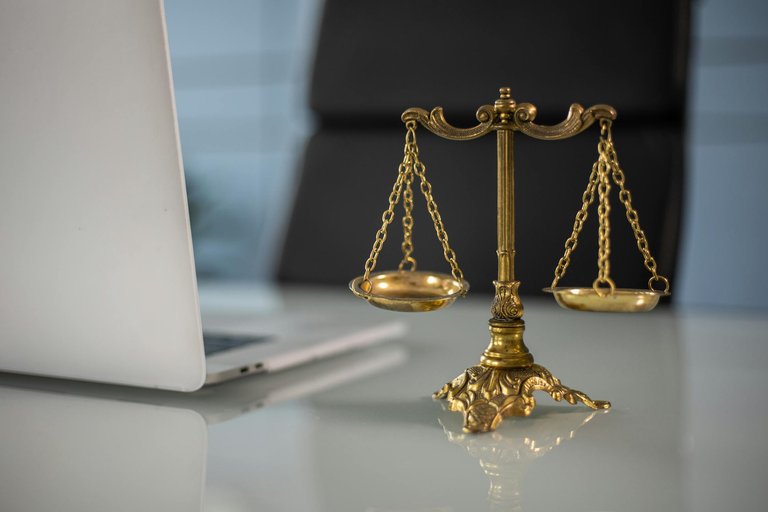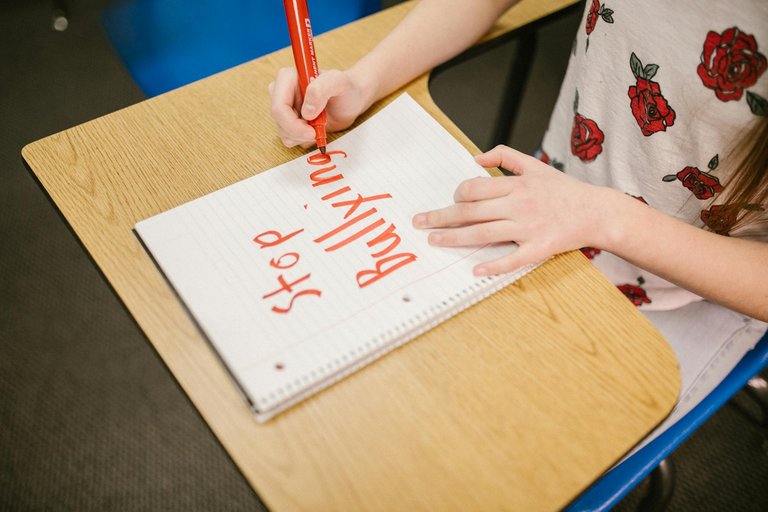The last decade has been of high tension on the enactment of the Child Rights Acts in Africa and Nigeria specifically. Parents and school administrators are finding it difficult to correct children because of the enactment. Today, this discourse about whether a child can sue his or her parents can be from different perspectives. The United Nations agent on Children and Education is not holding it back defending the child who is abused emotionally, physically or sexually.
Some years ago, as a school administrator, I got a student whose aunt sent back from the United Kingdom back to Nigeria. Yemi (the child in question) resumed in my school as a JSS2 student. Her aunt specifically instructed that she wanted the child to learn the African culture for at least three years before she would be going back to continue her education in the United Kingdom.
Yemi had reported her aunt to the county police for spanking her. She was inspired by her classmate who informed her that her aunt had no rights spanking her. The police therefore arrested her aunt for abuse and sentenced her to twenty-one days in prison with an option for community service in the train station.
Her aunt served twenty-one days cleaning the train station. Thereafter, she sent Yemi back to Nigeria.
Having said the above. We should.know we live in a dangerous and fragile world now. There are laws that have existed but we probably never took cognisance of. Today, those laws are in the public space and everyone is not joking about it. For instance, back in the day, rape cases were treated like taboo. Once a girl is raped, it was hidden because of the shame the girl may have to face when people get to know about the incidence but today, there is a special department in the police force that handles such cases. It is something very serious now.
Should A Child Sue His/Her Parent
My POV here is that different cases may be a factor to consider here. We should all know that no right thinking parent would want to inflict injury on his or her child. Hence, parents should administer punishment with the intention of correcting the child in love and ensure not to cause any harm.
Child Right Foundations are everywhere now with their eyes wide open waiting to see or hear any case of child abuse to take up.
Hence, any act of Willful Injury by parents on their wards should not be taken lightly.
When love is removed from the relationship of parents to their children what remains is cruelty. Therefore, in a case of cruelty, parents may be forced to face the weight of the law.
However, in Africa, it is seen as a curse for a child to drag his or her parents. Any child who decides to take his or parent to the law court could be termed a bastard. The question now is, would the child be coming back to live in the same house with his or her parents?
I don't think it is a wise decision to sir one's parents. What is expected is that there could be dialogue in the part of what situation would have warranted going to the court in the first place. Parents also should consider the reason along the line the child may be seeking redress.
The law does not consider the parent as the absolute owner of a child. As such, anything that could be termed as an abuse of the child is not excusable. Hence, parents should nurture the child in all ramifications within the ambit of the law.
In the case of the law, the child will be defended by the state.
I have had to settle a particular case outside the courtroom where the lawyers were rightly defending the child as a minor. The law has it that a minor cannot tell a lie. Hence, whatever he or she reports is the truth and can be used against the adult.
This is why parents should know the nitty-gritty of the law because excuses are not tenable before the law court.
As much as it is not advisable that a child sues his or her parents, the parents have the right to handle the child with care and take full responsibility for the child's wellbeing, social security, education, and human dignity.
In our time, by statutory law, anyone can sue and be sued except for someone who is occupying a political office.

